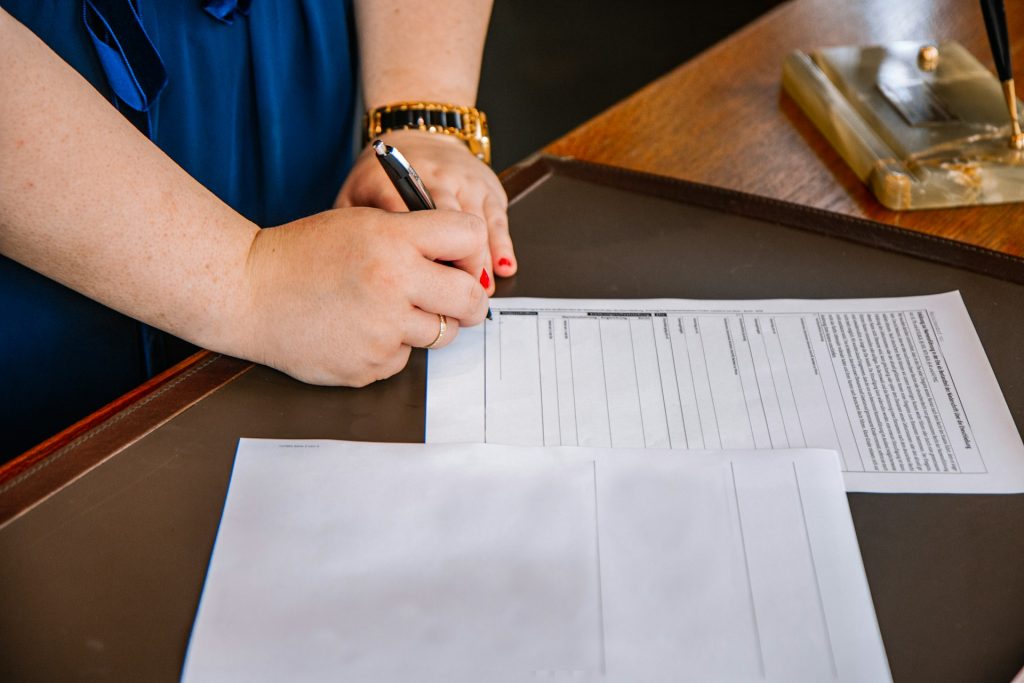
People are talking more about online wills these days. It sounds easy: fill out a form, pay a small fee, and you’re done. But there’s a problem. More people are creating fake online wills, and it’s causing real trouble for families. If you think this doesn’t affect you, think again. A fake will can leave your loved ones in a mess, fighting over what you leave behind. Here’s why this trend is growing and what you need to know to protect yourself.
1. The Temptation of Quick and Cheap Solutions
People want things fast. They want things cheap. Online will services promise both. You can make a will in minutes, sometimes for less than the cost of dinner. But this speed comes with risk. Some sites don’t check your identity. Others don’t verify your information. This makes it easy for someone to create a fake will—either for themselves or pretending to be someone else. The result? Wills that don’t hold up in court, or worse, that never reflect your real wishes. The lure of saving time and money can end up costing your family much more.
2. Lack of Legal Oversight
Traditional wills usually involve a lawyer. There are witnesses. There’s paperwork. With online wills, that’s not always the case. Many online platforms skip these steps. Some don’t require witnesses at all. This opens the door for fake wills to slip through. Without legal checks, it’s hard to know if a will is real or fake. And if someone wants to commit fraud, it’s much easier online. Courts are seeing more cases where families have to fight over which will is real. This lack of oversight is a big reason why fake online wills are on the rise.
3. Easy Access to Personal Information
It’s easier than ever to find someone’s personal details online. Social media, data breaches, and public records all make it simple. If someone wants to create a fake will, they can get the information they need in minutes. Names, addresses, and even signatures can be copied or faked. Some scammers use this information to create fake wills. They might even use your own details against you. This easy access to personal data is fueling the problem. It’s not just about technology—it’s about how much of our lives are online now.
4. Confusing State Laws
Wills are not the same everywhere. Each state has its own rules. Some states accept digital signatures. Others don’t. Some require witnesses. Others have different rules for notarizing documents. This patchwork of laws makes it easy for fake wills to slip through the cracks. People might use an online service that doesn’t follow their state’s rules. Or they might not know what’s required. This confusion helps scammers. It also means that even honest people can end up with a will that isn’t valid. If you want your will to count, you need to know your state’s laws.
5. The Rise of DIY Legal Culture
People like to do things themselves. There are videos, blogs, and step-by-step guides for everything. Making a will seems simple. But legal documents are tricky. A small mistake can make a will invalid. Some people copy templates from the internet. Others use free tools that don’t check for errors. This DIY approach can lead to fake or faulty wills. Sometimes it’s an honest mistake. Other times, it’s someone trying to cheat the system. Either way, the result is the same: a will that doesn’t do what you want.
6. Scams and Fraud Are Getting Smarter
Scammers are always looking for new ways to trick people. Fake online wills are just the latest tool. Some scammers set up fake websites that look real. They promise cheap wills but steal your information instead. Others offer to “fix” your will for a fee, then disappear. These scams are hard to spot. They use real-looking logos and legal terms. Some even have fake reviews. If you’re not careful, you could end up with a will that’s worthless—or worse, you could lose your money and your personal data.
7. Families Are More Complex
Families today are not always simple. There are blended families, stepchildren, and second marriages. This makes wills more important—and more complicated. When someone creates a fake will, it can tear families apart. People fight over what’s fair. Some get left out. Others get more than they should. Fake wills make these problems worse. They add confusion and pain to an already hard time. If you want to protect your family, you need a will that’s real and clear.
8. Technology Makes Faking Easier
It’s easy to create a document that looks official. You can download templates, add digital signatures, and print it out. Some people even use AI to write legal documents. This technology is helpful, but it also makes it easier to fake a will. A few clicks, and you have a document that looks real. But looks can be deceiving. Without proper checks, anyone can make a fake will. This is why more people are falling into the trap.
What You Can Do to Protect Yourself
Fake online wills are a growing problem. But you can take steps to protect yourself and your family. Use trusted legal services. Check your state’s rules. Don’t share personal information online unless you have to. If you’re not sure, talk to a real lawyer. A little caution now can save a lot of trouble later. Remember, a will is about your wishes and your family’s future. Don’t leave it to chance.
Have you or someone you know dealt with a fake online will? Share your story or thoughts in the comments below.
Read More
10 Things People Don’t Realize Will Be Taxed After They Die
8 Financial Opinions That Will Get You Attacked on Social Media
The post Why Are More People Creating Fake Online Wills? appeared first on The Free Financial Advisor.







